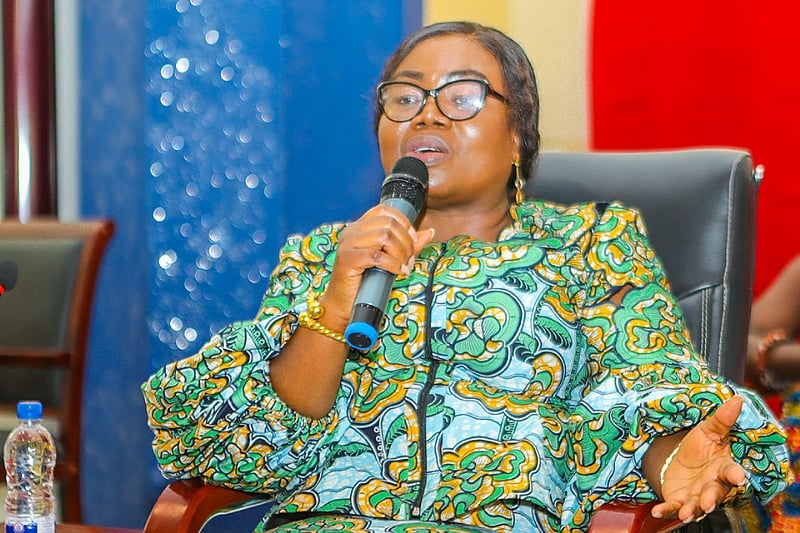At the Second Annual Conference of the Association of Certified Fraud Examiners in Ghana, Commissioner of Police Maame Yaa Tiwaa Addo-Danquah, the Executive Director of the Economic and Organised Crime Office (EOCO), highlighted the vital role that leadership plays in promoting integrity and transparency to combat fraud within the public sector. She articulated that leadership should actively cultivate a culture where ethical behavior thrives and accountability is prioritized. According to COP Addo-Danquah, it is imperative that leaders set the right tone to establish a fraud-free environment. She stressed the significance of a proactive stance on fraud prevention, emphasizing that current challenges in the financial landscape underscore the need for such a cultural shift.
COP Addo-Danquah pointed out that the prevalence of fraud in the public sector has escalated, necessitating beyond-the-surface remedies. While she acknowledged the importance of forensic tools, she insisted that these tools alone cannot resolve the issues of corruption, embezzlement, and procurement fraud that plague many public institutions. Instead, there must be a cultural transformation within organizations that emphasizes transparency and integrity at all levels. A genuine commitment to these values from leaders is essential if there is to be any meaningful reduction in financial crimes.
The conference audience was informed that effective strategies against financial crimes must be multi-faceted, going beyond the technical aspects of forensic accounting. These strategies must also embed ethical practices within the framework of everyday operations. In her discourse, COP Addo-Danquah elaborated that forensic tools are not solely reactive measures to discover fraud; they should also serve to promote resilience and transparency in financial operations, thereby preventing abuses before they happen. This dual-purpose use of forensic accounting is critical for enhancing overall financial integrity in public institutions.
Acknowledging the existing barriers that thwart the effective application of forensic accounting in the public sector, COP Addo-Danquah noted systemic challenges such as inadequate training and a lack of resources. She argued that these issues hinder organizations’ abilities to fully leverage forensic tools effectively. Consequently, to overcome these hurdles, there needs to be a dedicated effort toward improving the skill sets of personnel, increasing resource allocation, and fostering collaboration between public and private sectors. This collaborative approach, she argued, would be instrumental in developing a sound and fraud-resistant environment.
Consistent investments in training are crucial to building the capability of individuals responsible for safeguarding public funds. COP Addo-Danquah’s call for ongoing development underscores the need for public sector employees to be equipped with the latest skills and knowledge to detect and prevent fraud. She also pointed to the importance of creating policies that align with the larger goal of reducing financial crimes. The interlinked nature of training, resources, and policy formation is vital in shaping a comprehensive strategy to thwart fraud effectively.
In closing, COP Addo-Danquah reiterated that the fight against fraud in the public sector is a shared responsibility that requires a united front from leaders, stakeholders, and everyday employees. By fostering a culture of integrity, transparency, and accountability, and by investing in the necessary tools and training, organizations can significantly reduce their vulnerability to fraud. The EOCO Executive Director’s insights reflect a growing recognition of the critical need for leadership-driven change as a cornerstone of fraud prevention strategies, ultimately contributing to the overall integrity and efficiency of public institutions in Ghana.


